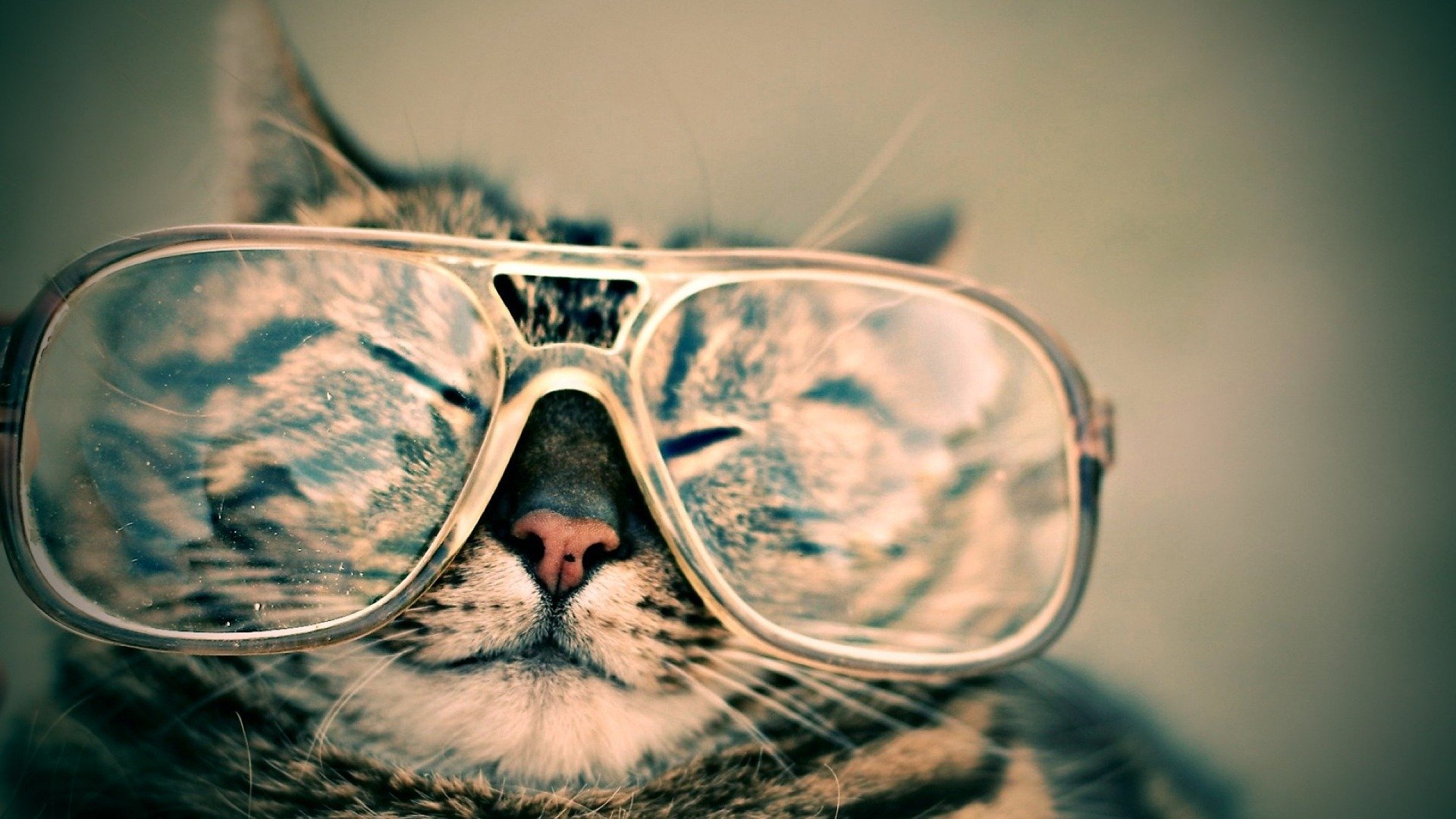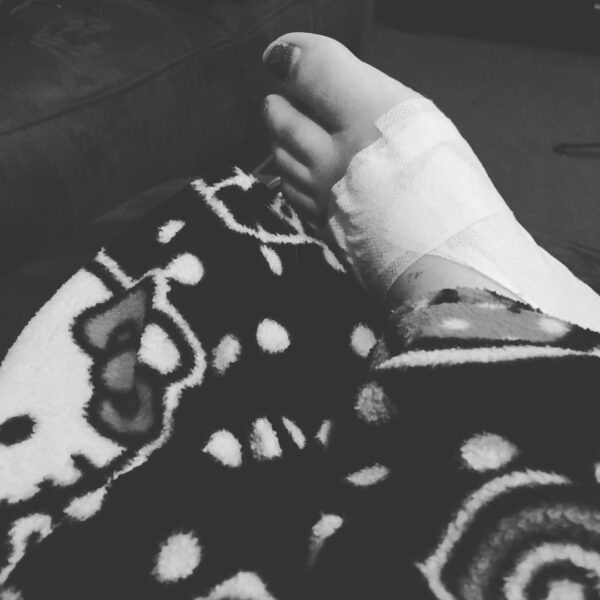Age is just a number. At least that’s what we keep telling ourselves. But as we start to get older, even when we take good care of our bodies, we can start to feel the strain of the years at work, at the gym or even on the sofa. While we may shrug off stiffness, aches and pains, when we start to notice a change in our senses, this can be a cause for great concern. Especially when our eyes don’t function as acutely as they once did. Loss of eyesight isn’t like hearing loss. Although many of us experience a deterioration in both senses as we get older, hearing loss occurs much more slowly and incrementally over the course of years or even decades. When we start to lose our eyesight, however, it can be the source of anxiety and worry.
After all, we humans are innately visual creatures who make sense of the world based upon what we can see. And when our vision starts to deteriorate, it can feel as though our primary means of interacting with the world around us could be taken away. In this post we’ll take a look at what happens to our eyes as we get older, how to spot the signs of eye health issues which could lead to sight loss, and what you can do about it.
What happens to our eyesight as we get older?
Our bodies change a great deal as we get older, especially when we get into the 40-60 age range. While we can still expect to live a long and healthy life after this age, especially if we take care of ourselves, we need to be mindful of the changes that occur within our bodies. This will prevent us from living in fear of them while also learning how to anticipate them.
As we get older, many of us undergo a process called Age related Macular Degeneration (AMD). The macula is a small portion of the retina- the nerve tissue at the back of the eyeball. Over time, tiny yellow deposits called drusen can form in the macula— distorting and deteriorating your vision.
This is the most common cause of eyesight loss in people over the age of 60. It’s still unclear exactly what causes it but there are a number of hereditary and environmental factors which may contribute. While you may not be able to do anything about the hereditary side of things, you can certainly enact lifestyle changes that may improve your eye health (we’ll get to those later).
Some people are born with an astigmatism– an irregularly ovoid shaped eye which can cause light to be let into more than one place. When we’re young, we tend not to notice this because our eyes have become so good at compensating for it. However, by the time we reach our 30s and 40s, our eyes can become more prone to fatigue. As a result, our vision may become blurred and we may experience headaches and an inability to focus our vision.
Know the warning signs of eye health issues
As with all health issues, it’s essential to be proactive. As such, if you’ve noticed that your vision seems different recently or you worry that it’s not as sharp as it could be, you should keep an eye out (pun very much intended) for the following symptoms;
- You need more light to read or work
- Reading is more difficult and printed materials are harder to discern
- Your eyes feel drier
- Your vision fluctuates throughout the day
- You start to see spots or “floaters” in your eyes
- You have a loss of side or peripheral vision.
- Straight lines appear distorted or wavy
There are a number of conditions from AMD to glaucoma or a latent astigmatism. If you start to notice these symptoms, make an appointment with your optometrist as soon as possible. They will be able to run tests to determine the underlying causes of your eyesight loss and implement a plan to improve it.
Getting used to glasses
Your optometrist will most likely refer you to an optician (yes, there’s a difference). These professionals will then outfit you with a set of corrective lenses. However, getting used to glasses can take time. Like hearing aids, many wearers find them cumbersome at first. What’s more, if you’ve lived your life without wearing glasses, it may take a while to adjust to your appearance when wearing them. This is why it’s so important to take the time to choose the right frames to suit your face shape and personal style.
For instance, if you have always felt a little self-conscious about your round shaped face, square or rectangular lenses which extend beyond the face can make your face appear longer and thinner. Geometric or cat eye frames can draw the focus upward away from the jawline.
Are progressive lenses right for you?
While there’s enormous variation in terms of style and frames for your glasses, let’s not forget that the lenses are what’s really important. If your budget is limited, it’s always worth sinking the majority of the cost into quality lenses rather than designer frames.
Depending on the cause and extent of your eyesight issues your optician may recommend progressive lenses. These are effectively three prescriptions in one pair of glasses. They can benefit people with all kinds of visual impairments, but they are most commonly used by people who get far sighted as they get older (meaning that their vision becomes blurry and out of focus when looking at things close up). The primary advantage, however, is the aesthetic benefit of these lenses. They’re often referred to as “no-line” lenses because they are engineered not to need the visible lines that are present in many bifocals.
While you may benefit from these lenses, you should be wary of anyone trying too hard to sell them, only you can decide if they’re right for you. You can visit glasses2you.co.uk for a large selection of glasses to choose from.
Whatever lenses you choose, make sure you get into the habit of using your glasses regularly. Not only will it help them to feel more comfortable and natural, it will prevent your eyes from experiencing undue strain.
As with everything, diet matters!
Good health starts with a good diet. And if you thought that eating carrots was the only way to improve your vision- think again! In fact, the whole carrot thing has been roundly debunked. There are, however, many foods that can help you to improve and maintain good ocular health. These include omega 3 fatty acids found in oily fish, nuts and seeds. Leafy greens which are rich in vitamin C like spinach, collard greens and kale can also be beneficial to your eyes. Nuts, beans and other plant based protein sources have also been found to improve ocular health.
Your eyes are just one more reason to quit smoking
It goes without saying that there are many, many reasons why you should quit smoking if you expect to enjoy a healthy lifestyle. However, smoking can also seriously exacerbate issues that lead to AMD. Moreover, smoking can also cause permanent damage to the optic nerve and even increase your risk of cataracts. Therefore, if you’ve tried and failed to quit in the past, you have one more reason to quit now. The good news is that the more chances you try, the greater your chances of quitting for good.
Your eyesight is a precious gift. While you may be at greater risk of losing it as you get older, that doesn’t mean that you are powerless. Don’t wait. Take action!





Like this article? Share with your friends!